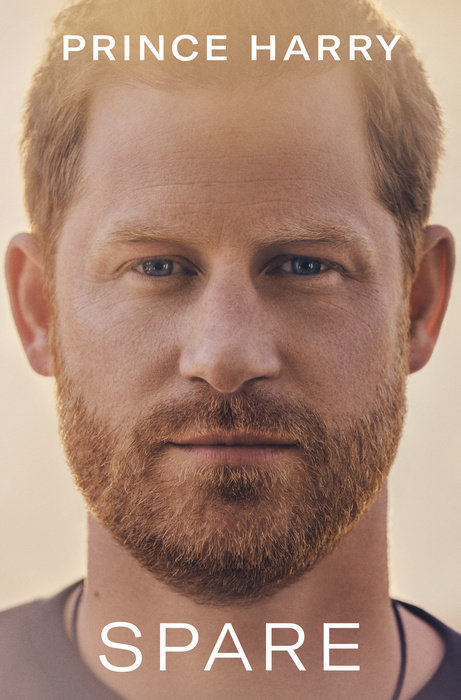
Spare
Prince Harry, J.R. Moehringer
About the Author

Prince Harry
Questions & Answers
Prince Harry's journey reflects the profound challenges and complexities of being a member of the British royal family, especially under intense media scrutiny and public perception. His story highlights the pressure to conform to royal expectations, the struggle for identity, and the impact of public image on personal life.
From his early experiences with the press, Harry faced relentless scrutiny and misinformation, which affected his education and personal relationships. His father's unconventional marriage and the media's focus on his mother's death added layers of complexity to his life. Harry's decision to serve in the military and deploy to war zones was met with mixed reactions, reflecting the public's conflicting views on the role of the monarchy.
Throughout his life, Harry has navigated the expectations of his family and the public, often feeling isolated and misunderstood. His marriage to Meghan Markle, a divorced American actress, and their decision to step back from royal duties were met with intense media scrutiny and criticism, revealing the challenges of balancing personal happiness and public duty. Harry's journey underscores the constant struggle to maintain a sense of self amidst the pressures of being a royal, and the difficulty of reconciling personal desires with the expectations of his role.
Prince Harry and Meghan Markle's decision to step back from their royal duties stemmed from several underlying causes. Firstly, the intense media scrutiny and harassment they faced, which they felt was exacerbated by the British press and the palace's perceived inaction. This was compounded by the palace's internal politics, including perceived favoritism towards other family members and a lack of support for their efforts to balance their public roles with their personal lives.
This decision reflects broader issues within the British monarchy, including its outdated structure and its relationship with the public. The monarchy's reliance on tradition and protocol often conflicts with modern values and expectations, leading to tension between the royal family and the public. Harry and Meghan's experience highlights the monarchy's struggle to adapt to changing times and the challenges faced by its members in maintaining privacy and personal lives in the public eye. Their decision to step back underscores the need for reform within the monarchy to better serve its members and the public.
Prince Harry's narrative reveals the profound impact of mental health on the royal family and society. His experiences highlight the stigma surrounding mental health, particularly within the royal family, where discussing personal struggles is often seen as a sign of weakness. Harry's own battles with anxiety and post-traumatic stress disorder (PTSD) underscore the need for open dialogue and support. His advocacy for mental health awareness and his use of therapy, meditation, and psychedelics demonstrate the potential for alternative treatments. His narrative also exposes the media's role in exacerbating mental health issues, as seen in the tabloid coverage of his life and the impact it had on his mother, Diana, Princess of Wales. Overall, Harry's story serves as a powerful call for mental health awareness, treatment, and societal change.
Prince Harry's military service imparted several key lessons that have shaped his approach to his royal duties and personal life. Firstly, it instilled in him a sense of camaraderie and brotherhood with his fellow soldiers, emphasizing the importance of teamwork and shared experiences. This camaraderie has influenced his work with organizations like Sentebale, where he collaborates with others to support vulnerable children.
Secondly, Harry's military service taught him the value of resilience and overcoming adversity. The challenges he faced in the military, including injuries and setbacks, have prepared him for the public scrutiny and criticism he encounters as a royal. This resilience has allowed him to maintain a strong sense of self and purpose.
Additionally, his military experience has instilled in him a desire to make a difference and serve others. This drive has led him to engage in various charitable endeavors, including his work with the Invictus Games, which supports wounded, injured, and sick service members. Harry's personal life has been influenced by these lessons, as he seeks to balance his royal duties with his desire for personal fulfillment and adventure.
Prince Harry's story significantly contributes to the conversation about the monarchy's role in modern society by highlighting the challenges faced by its members, particularly the personal and public struggles of a royal family member. His narrative underscores the disconnect between the monarchy and the public, the influence of the press, and the need for change within the institution.
Harry envisions a monarchy that is more transparent, less hierarchical, and more focused on serving the public. He advocates for a monarchy that is less about tradition and more about making a positive impact on society. He also emphasizes the importance of mental health and the need for the institution to support its members in their personal lives. Harry's vision suggests a monarchy that adapts to the modern world while maintaining its core values and traditions.